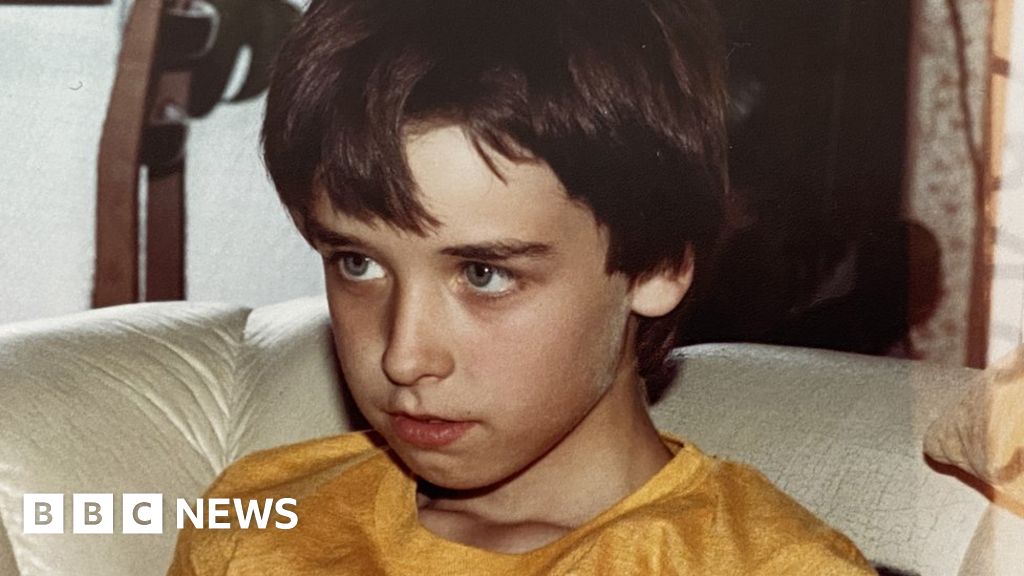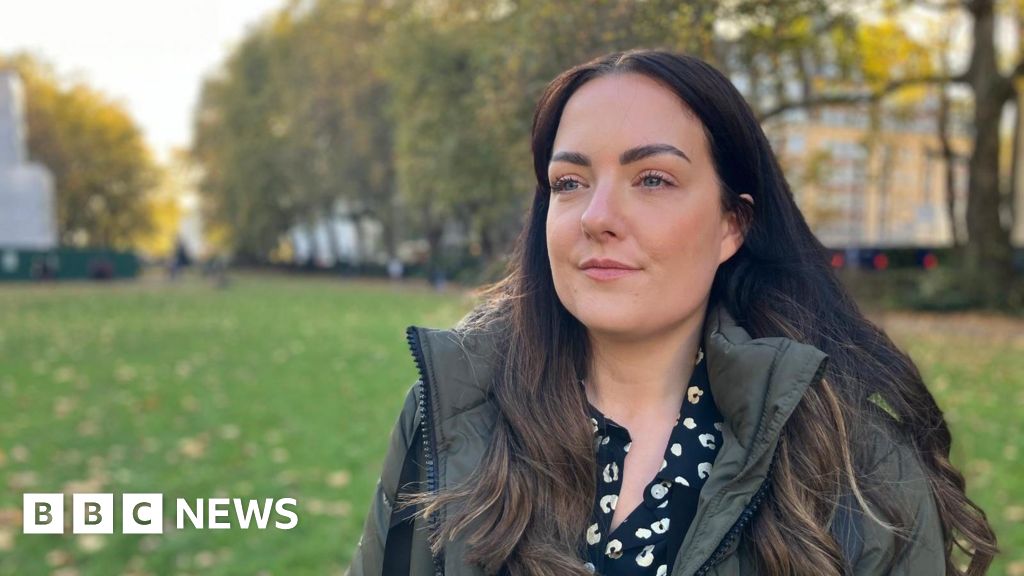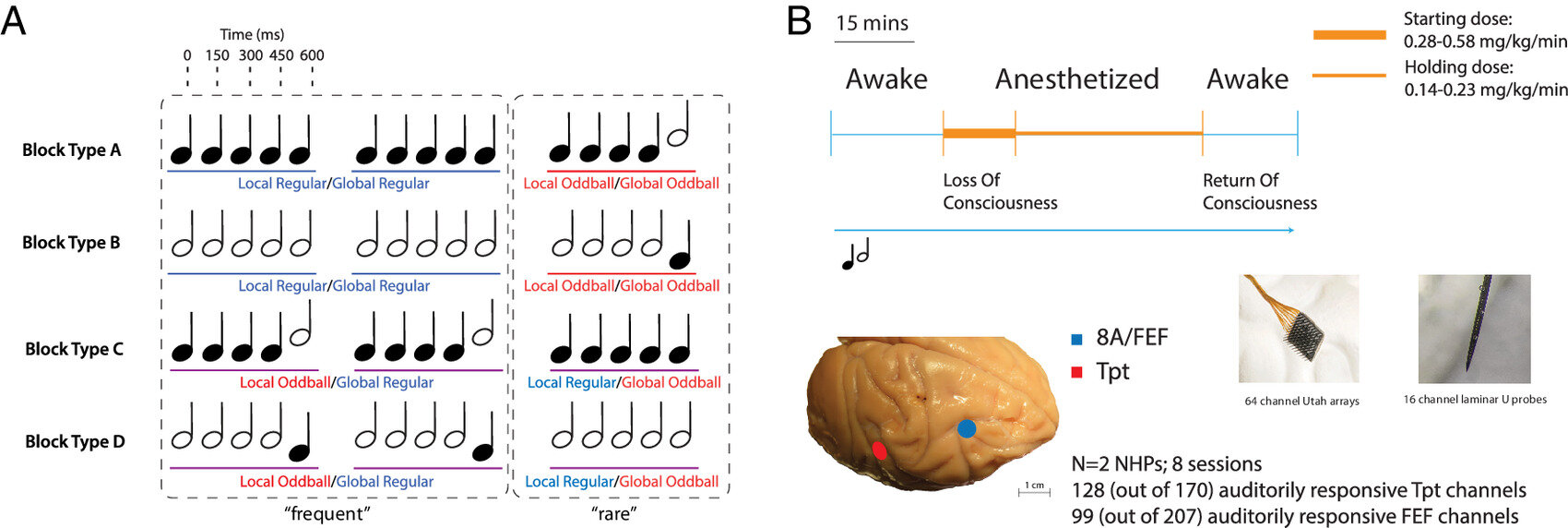At least 175 children with the blood disorder haemophilia were infected with HIV in the 1980s, according to documents from the national archives seen by BBC News. Some of the families affected are giving evidence at a public inquiry into what has been called the worst treatment disaster in the history of the NHS.
It was almost 36 years ago – in late October 1986 – but Linda will never forget the day she was told her son had been infected.
She had been called into a consulting room in Birmingham Children’s Hospital, with 16-year-old Michael.
As a toddler, he had been diagnosed with haemophilia, a genetic disorder that stopped his blood clotting properly.
Linda assumed the meeting was to discuss moving his care to the main Queen Elizabeth Hospital in the city.
“It was so routine that my husband stayed in the car outside,” she says.
“Then, all of a sudden, the doctor said, ‘Of course, Michael is HIV positive,’ and he came out with it like he was talking about the weather outside. My stomach just fell.
“We got in the car, I told my husband and we were silent all the way home. We never spoke – it was such a shock.”



